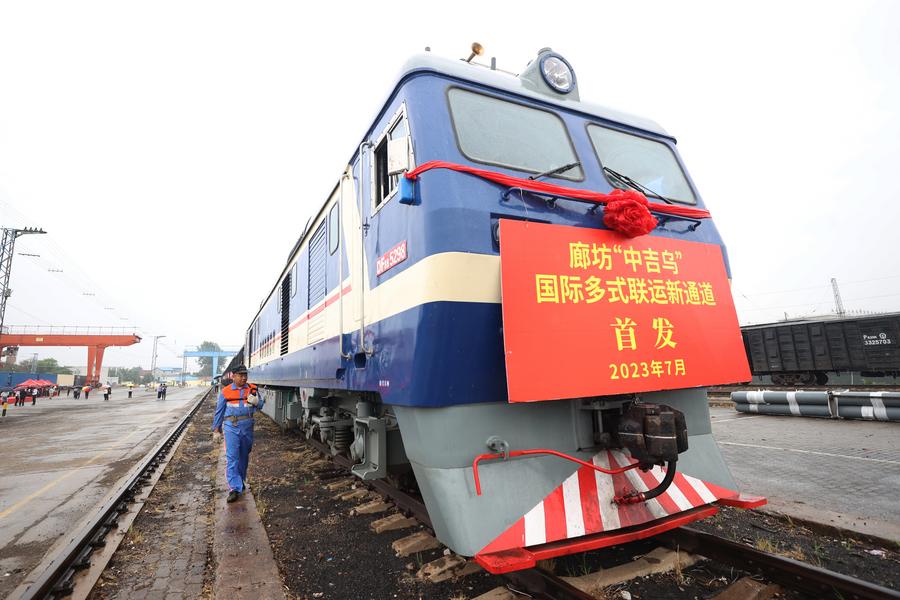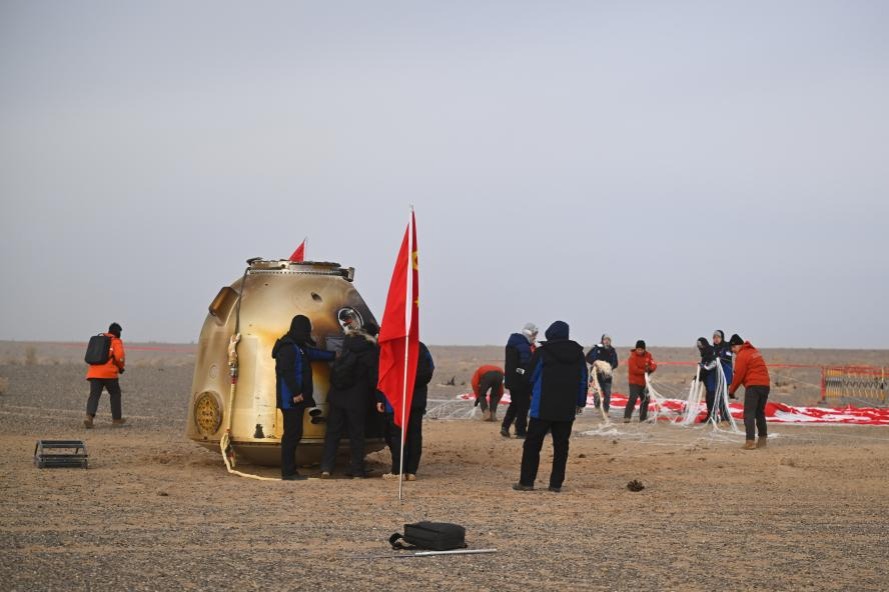'A just cause finds great support': Xi Jinping and the Shanghai Cooperation Organization

MODERN SILK ROAD

The SCO is naturally connected to Xi's signature proposal, the Belt and Road Initiative (BRI). All six initial SCO members were along the ancient bustling trade route between the East and the West, and the Chinese leader has further strengthened that connection.
During a state visit to Kazakhstan in September 2013, Xi proposed the Silk Road Economic Belt, an essential component of the BRI. Days later, when addressing the Bishkek SCO summit, Xi called on member countries to carry forward the Silk Road spirit.
Over the decade, Xi has used the BRI as a key driver to promote China's practical cooperation with the SCO countries and to accelerate development. By aligning their respective development strategies, China and the SCO members have witnessed fruitful results in boosting infrastructure, trade and financial connectivity.
Earlier this month via video link, Xi, along with Kyrgyz President Sadyr Japarov and Uzbek President Shavkat Mirziyoyev, hailed the signing of an inter-governmental agreement in Beijing on the China-Kyrgyzstan-Uzbekistan railway.
The railway, as planned, will begin in Kashgar, a city in China's western Xinjiang, and enter the territory of Uzbekistan through Kyrgyzstan. In the future, it can reach West Asia and South Asia, becoming a main transport artery across the Asian continent.
In his video message, Xi described the railway as a strategic project of connectivity between China and Central Asia and a landmark project of the three countries' cooperation efforts under the Belt and Road Initiative.
Located in the heartland of the Asian continent, Central Asia's development has long been constrained by a lack of ports. Once completed, the railway will shorten the time needed to transport Central Asian products to major global markets and facilitate the integration of Central Asia with the global industrial and supply chains, thus boosting regional development.
The railway project was first proposed in the 1990s. Over the years, Xi has paid close attention to the project. In his interactions with leaders of Kyrgyzstan and Uzbekistan, both SCO members, he repeatedly called for a joint drive to restart this transformative railway project.
Former SCO Secretary-General Vladimir Norov hailed the BRI as "an important platform for multilateral cooperation" that benefits landlocked Central Asian countries, including his home country of Uzbekistan. The BRI has provided "the chance to go freely to the world market."
The railway is just one facet of China's booming cooperation with SCO members. Thanks to increased connectivity, trade is flourishing. Over the past year, trade between China and the five Central Asian countries hit a record high of about $90 billion, up over 27 percent year-on-year.























